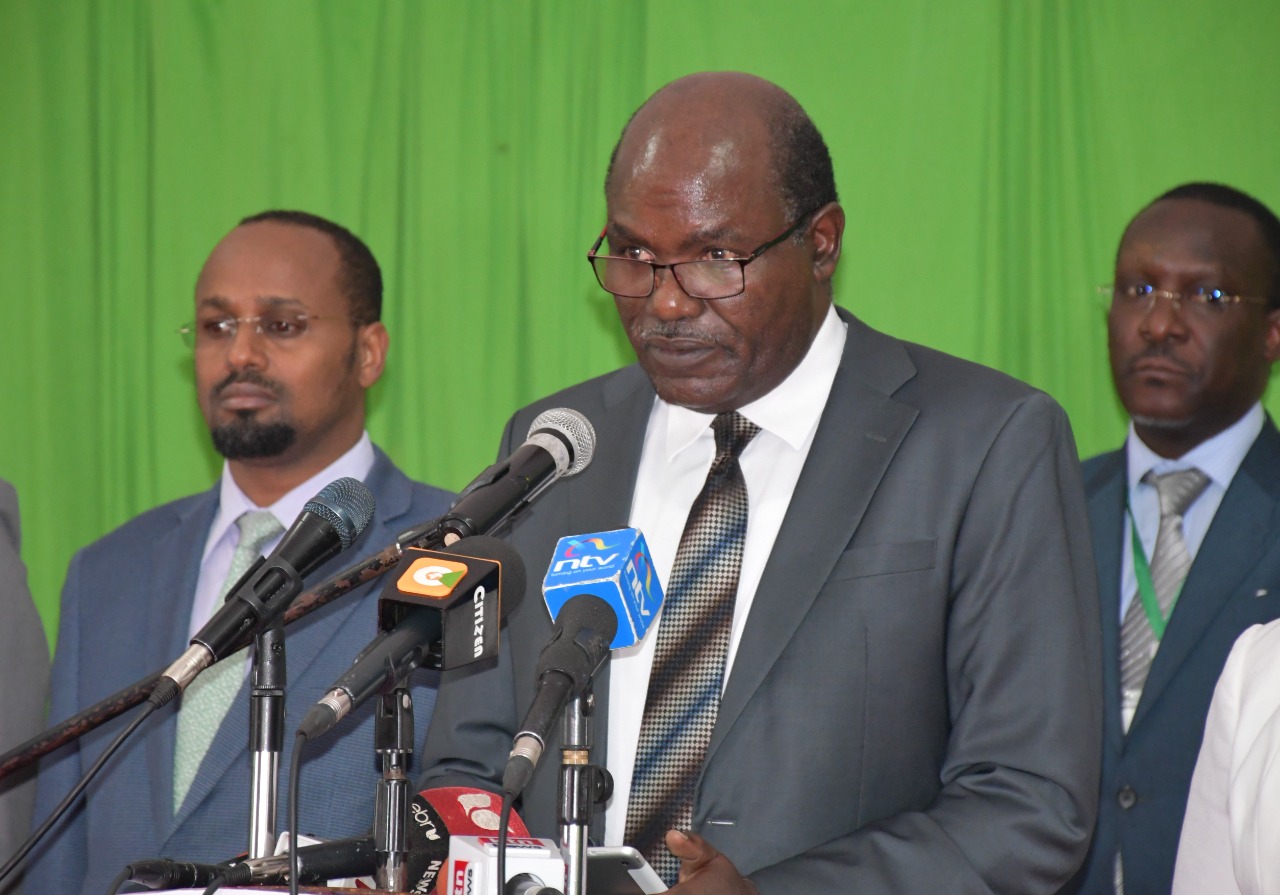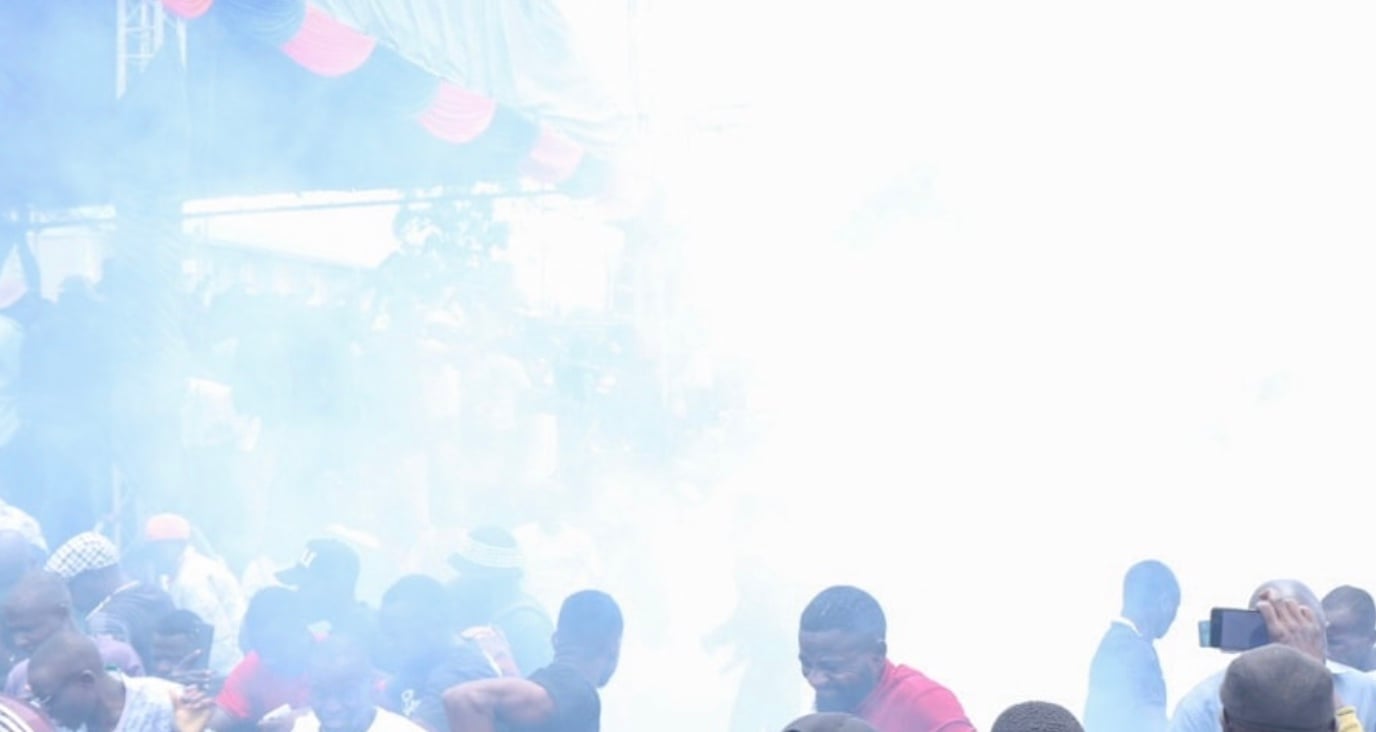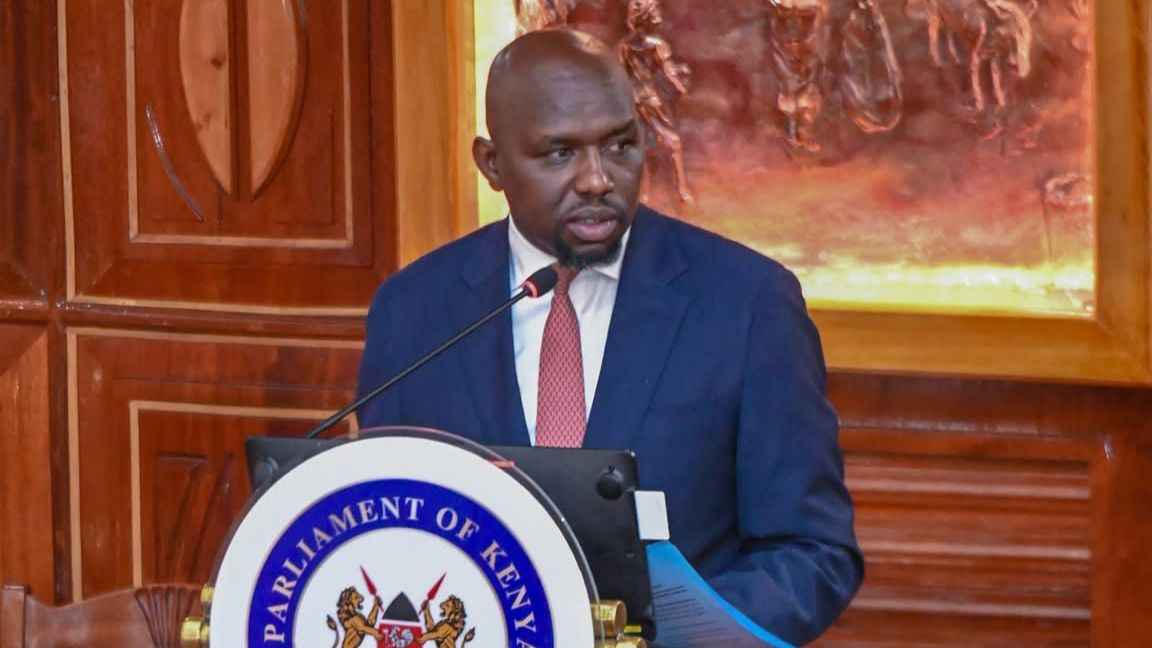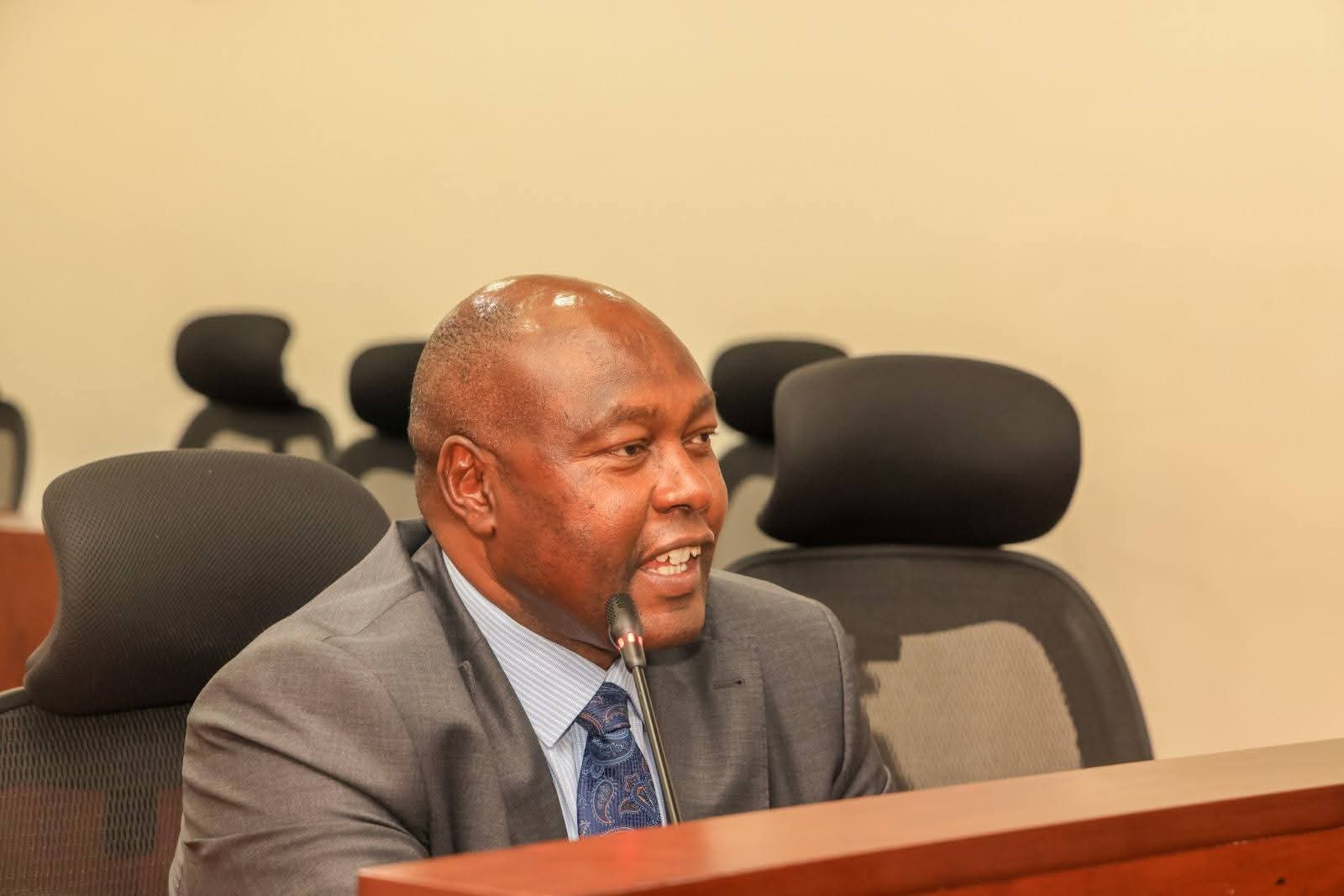The Independent Electoral and Boundaries Commission was ordered by the Supreme Court of Kenya to grant parties in the presidential petitions access to its servers.
A report by the Judiciary indicates that despite the order, the IEBC has declined to give parties access to three crucial things.
The report indicates that the IEBC failed to provide a forensically captured image of the server holding Form 34C used to declare William Ruto as President-elect.
The Wafula Chebukati -led commission is said sharing the detail would have exposed their servers hence making the system vulnerable.
Read More
The commission instead opted to give representatives of the parties real-time access to their live server.
"IEBC committed to providing a forensic image of form 34C to the court for the parties to apply for access. On September 1, the forensic image was availed to court," read the Judiciary report in part.
At the same time, the commission failed to provide agreements it entered with various technological companies that played a role in the election.
The Supreme court had directed the IEBC to provide the details of the agreement for scrutiny.
IEBC said there was Non-Disclosure Agreement in the deal hence exposing the matter would amount to committing a crime in the process.
"IEBC is hereby directed to avail partnership agreements with its technical partners, list of users, trail, and admin access to provide clarity on the IEBC systems and their usage for review and verification, subject however to any security related issues thereof."
The Wafula Chebukati-led Commission failed to avail details of owners of the system administration passwords citing that they had been exempted from giving details of the password owners as such an action would breach the privacy of their staff



-1751319454.jpg)


